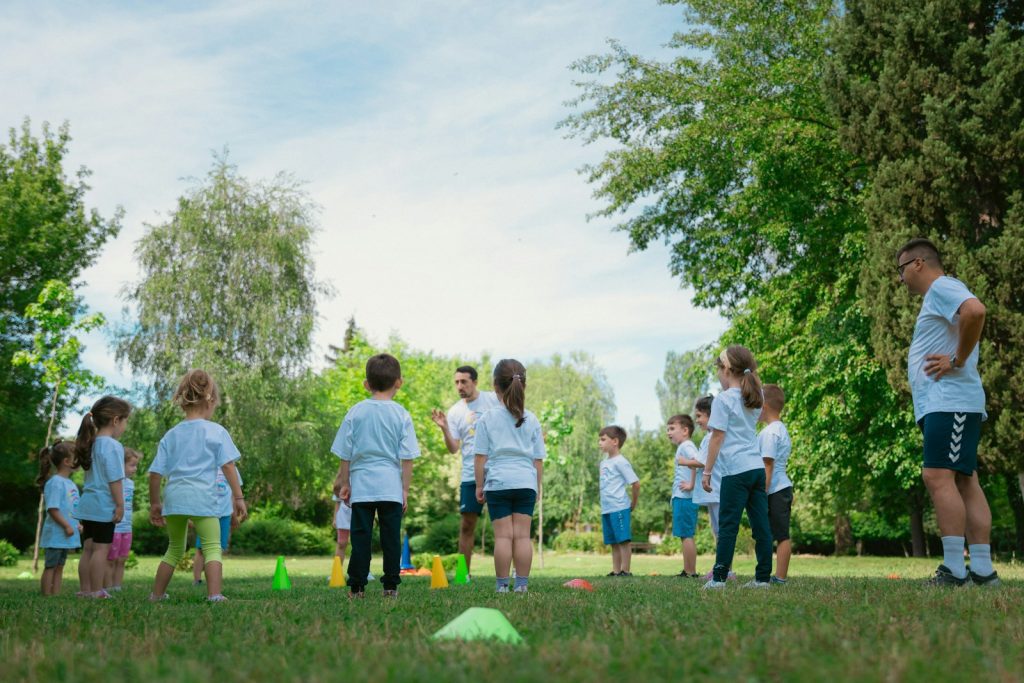Parenting has changed a lot over the years, but some old rules still hold value. While modern approaches offer new insights, certain traditional habits continue to help children grow up strong and confident.
You might be surprised by how some classic parenting rules can support your child’s development today. Blending these old methods with modern thinking can create a balanced approach that benefits both you and your family.
Family dinners without distractions
You can strengthen your family bonds by keeping dinners screen-free. Turning off TVs, phones, and tablets helps everyone focus on each other instead of distractions.
When you create this space, conversations flow more naturally. Your children learn the value of engaging with family, which builds respect and connection.
This simple rule encourages mindful eating, too. Without screens, you’re more aware of what and how much you eat, promoting healthier habits for your whole family.
Setting clear boundaries and consistent rules
You create a sense of safety for your child by setting clear boundaries. When your expectations are straightforward, your child knows what to expect and what is expected of them.
Consistency in applying rules helps reduce confusion and power struggles. It shows your child that rules are important and reliable.
By sticking to consistent boundaries, you help your child develop responsibility and self-discipline. These old parenting habits can support your child’s growth in a positive way.
Teaching gratitude regularly
You can teach gratitude by making it part of your everyday routine. Simple actions, like saying “thank you” or noticing kind gestures, help your child see the value in appreciating others.
Modeling gratitude is key. When your child sees you express thanks, they’re more likely to mirror that behavior naturally.
Try to create small traditions, like sharing what you’re thankful for at dinner. These moments build a habit of reflection and kindness that lasts.
Encouraging responsibility through chores
Giving your child chores helps teach responsibility in a simple, practical way. When kids take part in household tasks, they learn valuable skills and feel like they contribute to the family.
Assign age-appropriate chores to match your child’s abilities. This approach builds their confidence and helps them understand the importance of teamwork.
Chores don’t just keep the house running—they show your child that hard work leads to accomplishment. This lesson serves them well as they grow.
Limiting screen time intentionally
You can set clear boundaries around screen use to help your child develop healthy habits. Choose specific times or situations when screens are allowed, like after homework or during certain hours.
Keep screens in common areas so you can easily monitor what your child is doing. Encourage activities that don’t involve screens, such as playing outside or reading.
Talk openly with your child about why limits are important. This helps build trust and makes them more likely to follow the rules you set together.
Promoting outdoor play daily
You can encourage your child to play outside every day by making it fun and easy. Simple activities like nature walks, games, or playdates help keep them active and engaged.
Try to create opportunities for unstructured play where your child can explore and use their imagination. This builds creativity and social skills naturally.
Remember, outdoor play supports physical health and helps your child learn to take manageable risks. Small changes in your routine can make a big difference in fostering this habit.

